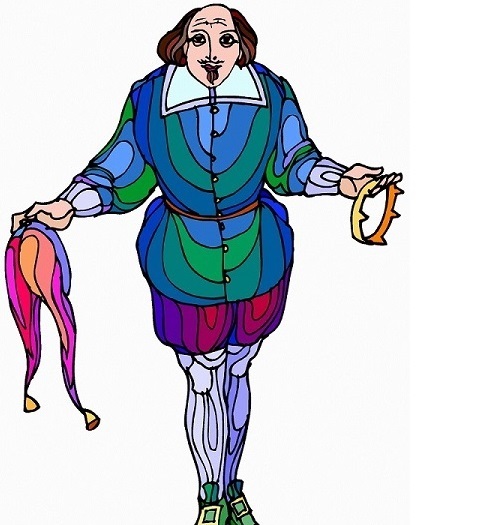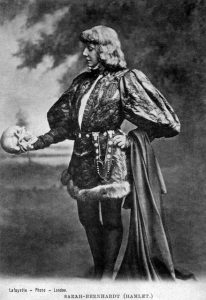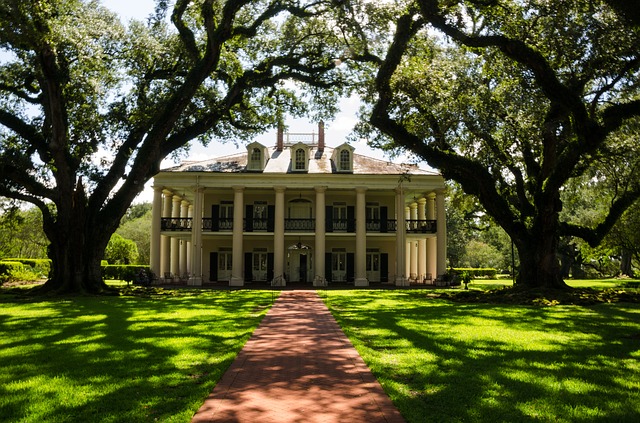
Book review: Shakespeare: The World as Stage
Book review:
Shakespeare: The World as Stage
By Bill Bryson (b.1951)
Atlas Books, HarperCollins Publishers, New York, 2007
199 pages
You don’t have to be a great big Shakespeare fan (I’m not) to have a good experience reading this book. If you’re a Bill Bryson (A Walk in the Woods) fan, you have another reason to pick it up.
This is the kind of book that makes me eager to turn each page and read more, and write a new book review. Bryson writes in his usual well-informed style. He marshals entertaining facts and frames of reference. He’s convincing when he debunks some of the notorious myths about The Bard.
F’rinstance, about 5,000 books have been written by folks who don’t think Shakespeare wrote all those plays and sonnets, and who suggest the names of about four dozen 17th century contemporaries who might have been the real author(s). Bryson offers this guidance about the risible claims that other authors created Hamlet and such: “…no one has ever produced…the tiniest particle of evidence to suggest that they actually did so.”(1)
Mostly we don’t know much of anything about Shakespeare’s private and public life. There are several years during his life that are a complete blank in the historical record. He was a successful poet and playwright. He worked closely with a successful thespian troupe. He was a husband and a parent.

Here’s the thing: Shakespeare was not a colossal celebrity during his lifetime. No one knew he would become the most revered genius of English literature. No one realized that he was adding 600 words like critical, excellent, leapfrog, and zany to the English language. No one knew that more or less every English speaker today from time to time uses phrases first conceived by William Shakespeare, like budge an inch and foregone conclusion.
Shakespeare was only one of many playwrights in his time—we know him now because he is a creature of buzz and a beneficiary of a couple gents who decided to publish all his works (the First Folio, published 1623) a number of years after he died.
About 80% of the roughly 3,000 plays by many authors that were performed in Shakespeare’s time are completely lost—we know their titles and nothing more. Most plays were performed only for a short time, and never published.
The fact that we can casually talk about anything “Shakespearean” is more or less the result of serendipity.
Oh, by the way, despite the fact that you and everyone else can recognize the iconic likeness of Shakespeare, there is no surviving portrait that was painted during his lifetime and no one knows what he really looked like.
Note: (1) Bryson, 195
* * * * * *
Book review. Copyright © Richard Carl Subber 2017 All rights reserved.
“…the truth is putting on its shoes.”
Mark Twain gets it right, again…(quote)
click here
–
As with another eye: Poems of exactitude with 55 free verse and haiku poems,
and the rest of my poetry books are for sale on Amazon (paperback and Kindle)
and free in Kindle Unlimited, search Amazon for “Richard Carl Subber”
* * * * * *



 He’s not so famous for his last (uncompleted) novel, St Ives: Being the Adventures of a French Prisoner in England (1897). It was finished from Stevenson’s notes by Sir Arthur Thomas Quiller-Couch, a talented British writer.
He’s not so famous for his last (uncompleted) novel, St Ives: Being the Adventures of a French Prisoner in England (1897). It was finished from Stevenson’s notes by Sir Arthur Thomas Quiller-Couch, a talented British writer.

